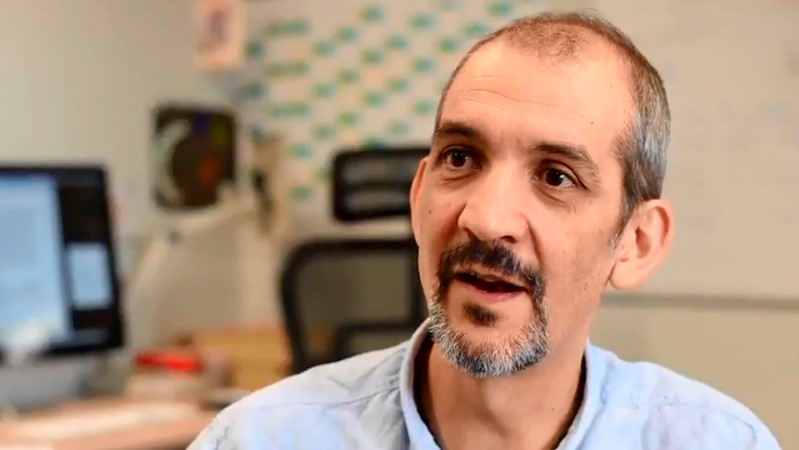The new member of the Academia Europaea is a research professor at the Consejo Superior de Investigaciones Científicas (CSIC) and co-director of the Institute for Integrative Systems Biology (I2SysBio, CSIC - University of Valencia).
Santiago Elena Fito, research professor at the Spanish National Research Council (CSIC) and co-director of the Institute for Integrative Systems Biology (I2SysBio), located at the University of Valencia Science Park, has just been appointed as a new member of the Academia Europaea, a European non-governmental scientific organization founded in 1988, whose members are scientists and academics. Among its aims is to promote learning, education and research. The Academia Europaea also publishes the journal European Review, through Cambridge Journals.
The objective of the Academia Europaea is the advancement and promotion of excellence in the humanities, law, economic, social and political sciences, mathematics, medicine and all branches of the natural and technological sciences, anywhere in the world for the benefit of society and for the advancement of education of all ages. In addition, the institution seeks to promote European research, to advise governments and international organizations on scientific matters, and to promote interdisciplinary and international research.
The objective of the Academia Europaea is the advancement and promotion of excellence in the humanities, law, economic, social and political sciences, mathematics, medicine and all branches of the natural and technological sciences, anywhere in the world for the benefit of society and for the advancement of education of all ages
Trajectory
Elena is a CSIC research professor and co-director of the Institute of Integrative Systems Biology (I2SysBio, CSIC - Universitat de València), where she leads the Evolutionary and Systems Virology Group. He is also an external professor at the Santa Fe Institute (New Mexico, USA) and the Chinese Academy of Agricultural Sciences (CAAS). With a degree in Biology, this researcher did his doctoral thesis on Evolutionary Genetics of RNA (ribonucleic acid) viruses at the University of Valencia.
His work focuses on the study of the mechanisms by which RNA viruses adapt to their hosts and how this adaptation translates into the manipulation of cellular resources for their own benefit. To this end, he combines experimental evolution, molecular and omics biology, molecular epidemiology and mathematical modeling. Among other merits, he is a member of the European Molecular Biology Organization (EMBO), of the American Academy of Arts and Sciences (AAA&S) and, recently, of the Academia Europaea.


